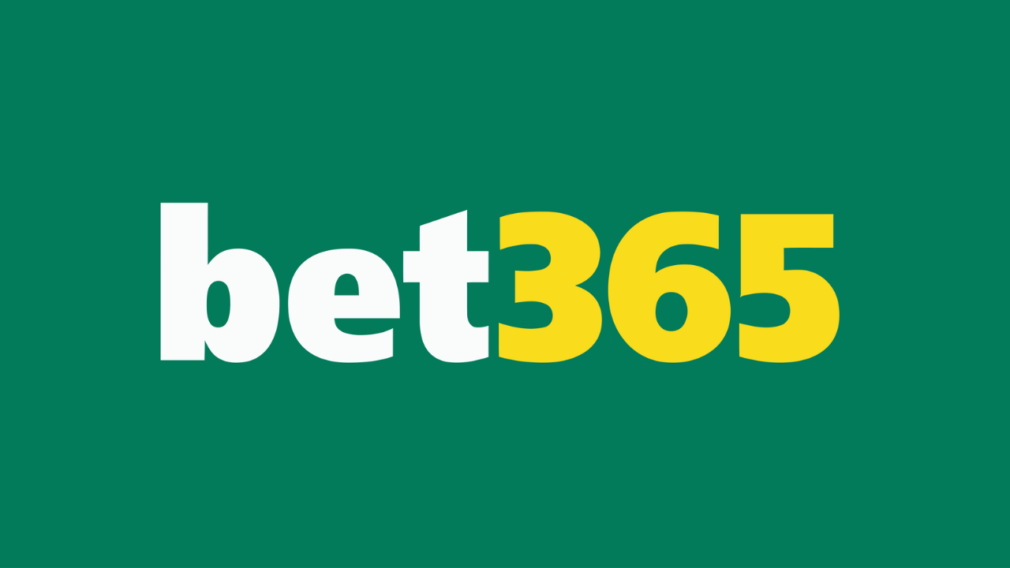bet365 Introduces Hybrid Fee Structure in Illinois, Targeting Small Wagers
The global sports betting operator bet365 has become the latest company to respond to Illinois’ new per-bet tax, implementing a hybrid fee structure that is unique to the market. The company will now charge a $0.25 fee, but only on wagers under $10, a move that blends the strategies already adopted by its competitors.

A Different Approach to a Universal Problem
While other major operators in Illinois have also passed the cost of the new tax on to consumers, bet365 is taking a different approach. The company is combining the two main strategies seen in the market so far.
Like operators such as DraftKings, FanDuel, and Caesars, bet365 is adding a per-bet surcharge. However, unlike its competitors, that fee is not universal. It only applies to wagers of less than $10.
This creates a tiered system. For smaller wagers, bet365 is effectively passing on the state tax to the consumer. For larger wagers of $10 or more, the company is absorbing the cost itself. This hybrid model allows bet365 to avoid losing money on small-stakes bets while still offering a fee-free experience for its higher-value customers.
The company has clarified that the fee will be refunded if a bet is voided or canceled. Additionally, a parlay bet is treated as a single wager, meaning it will only incur one $0.25 fee if the total stake is under $10.
Part of a Broader Industry Pushback
The new fee is not just about offsetting a new tax. It is also part of a broader, industry-wide effort to push back against what operators see as an increasingly hostile tax environment in Illinois. By making the cost of the tax visible to consumers, the industry is hoping to generate public pressure on lawmakers to reconsider the policy.
The operators’ concern is that the new tax, which comes on top of a recent increase in the state’s gross gaming revenue tax rate, will make the legal market less competitive and could potentially drive some bettors to unregulated offshore sites.
While the hybrid fee structure is a strategic business decision, it also comes with potential risks. Some responsible gaming advocates worry that a fee structure that incentivizes larger wagers could encourage some players to bet more than they are comfortable with simply to avoid the surcharge.
This creates a delicate balancing act for both the operators and the state. An increase in problem gambling could lead to calls for even stricter regulations, which in turn could further impact the profitability and viability of the legal market. For now, Illinois has become a key testing ground for how the U.S. sports betting industry responds to a less favorable tax and regulatory environment.
Recommended
